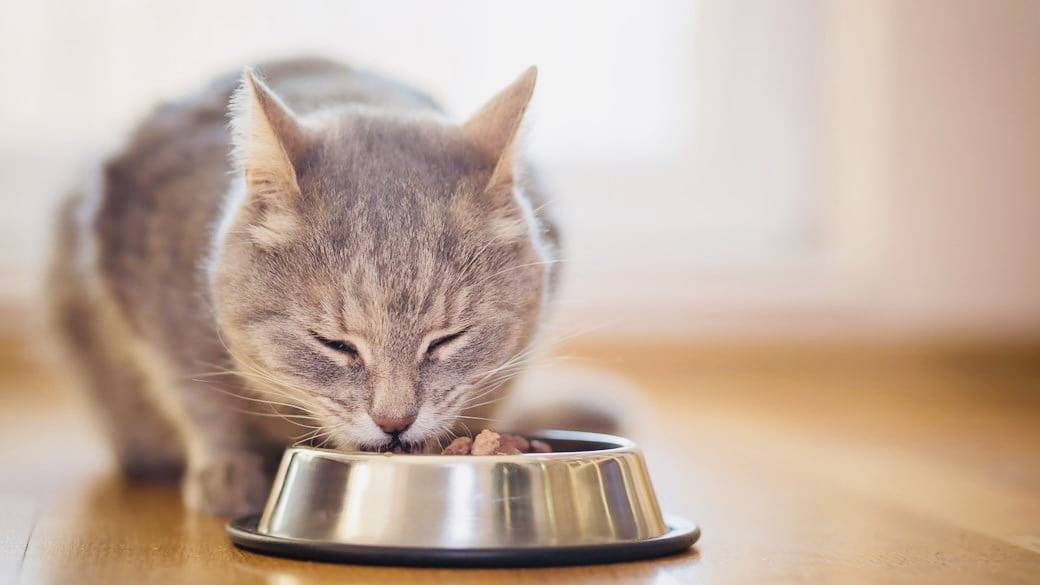How to Properly Feed Your Cat or Pet
Feeding your cat or pet properly is crucial for their health and well-being. Here’s a comprehensive guide to ensure your furry friend gets the nutrition they need.
#### 1. **Understand Your Pet’s Nutritional Needs**
Each pet has unique dietary requirements based on their species, age, size, and health. Consult your veterinarian to determine the best diet for your pet. For cats, this typically includes a balance of protein, fats, and essential vitamins. Dogs have similar needs but may require different ratios.
#### 2. **Choose High-Quality Pet Food**
Opt for pet food that lists meat as the primary ingredient and avoids fillers like corn and soy. Check the label for AAFCO (Association of American Feed Control Officials) approval to ensure it meets nutritional standards.
#### 3. **Follow Feeding Guidelines**
Pet food packages usually provide feeding guidelines based on your pet's weight and age. Adhere to these recommendations, but adjust based on your pet’s specific needs and activity level. Overfeeding can lead to obesity, while underfeeding may result in nutritional deficiencies.
#### 4. **Establish a Feeding Schedule**
Consistency is key. For cats, twice daily feeding is often recommended, while dogs may require one to three meals per day. Stick to a routine to help regulate your pet’s metabolism and avoid digestive issues.
#### 5. **Provide Fresh Water**
Always ensure your pet has access to clean, fresh water. Proper hydration is essential for digestion and overall health. Change the water daily and clean the bowl regularly to prevent bacterial growth.
#### 6. **Avoid Human Food**
Many human foods are toxic to pets. Avoid giving them table scraps or treats meant for humans. Instead, offer pet-specific treats in moderation to avoid disrupting their balanced diet.
#### 7. **Monitor Your Pet’s Weight and Health**
Regularly check your pet’s weight and overall health. If you notice any changes in their appetite, weight, or behavior, consult your veterinarian. They can provide guidance on adjusting your pet’s diet as needed.
#### 8. **Store Pet Food Properly**
Store pet food in a cool, dry place and keep it sealed to maintain freshness and prevent contamination. Avoid buying large quantities that may expire before it’s used.
#### 9. **Consider Special Dietary Needs**
Some pets may have specific dietary needs due to allergies, medical conditions, or age. Consult your vet for advice on specialized diets or supplements if needed.
#### 10. **Keep Feeding Areas Clean**
Regularly clean your pet’s food and water bowls to prevent mold, bacteria, and pests. This helps maintain your pet’s health and prevents digestive issues.
By following these guidelines, you’ll help ensure your pet stays healthy and happy. Proper feeding is a fundamental aspect of pet care that contributes to a long and fulfilling life for your furry companion.



No comments yet
Be the first to share your thoughts!